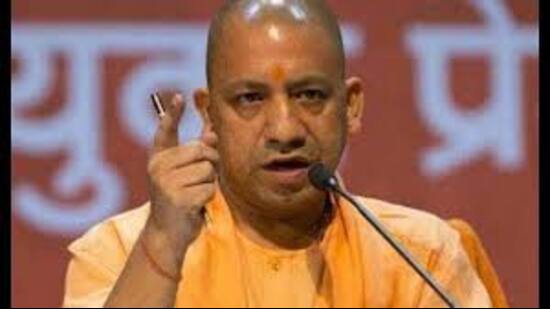Yogi orders launch of Mukhyamantri Suposhan Yojana
CM Yogi Adityanath launched the Mukhyamantri Suposhan Yojana to provide nutritious meals for children and support poor families in Uttar Pradesh.
: Chief minister Yogi Adityanath has directed the launch of the Mukhyamantri Suposhan Yojana (MSY) and setting up of Take Home Ration (THR) units in every district of the state.

With this, the state aims to provide a nutritious morning meal to all registered children aged between 3 and 6 years and support for poor families identified under the Dr Bhimrao Ambedkar Zero Poverty Mission.
Under the Mukhyamantri Suposhan Yojana, children at Anganwadi centers will receive a morning meal that includes milk, fruits, and nutritious food items.
The chief minister emphasised the need for effective implementation of welfare schemes while chairing a meeting with the department of child development and nutrition and reviewing its work, a press statement issued by the state government said.
“Although the Sambhav Abhiyan has led to some improvement in addressing Severe Acute Malnutrition (SAM), continuous nutritional support is still essential,” the chief minister said.
The scheme will also benefit aspirational districts and development blocks. Adityanath instructed officials to prepare a detailed action plan for the scheme.
He further emphasised the need for regular monitoring of children’s nutrition indicators such as stunting, underweight and wasting.
The chief minister also instructed that families without livestock should be provided cows under the Mukhyamantri Nirashrit Govansh Sahbhagita Yojana.
Reaffirming his commitment to building a “Malnutrition-Free Uttar Pradesh,” he called for pregnant women, lactating mothers, and Anganwadi children to be provided with tasty, digestible, and quality food. He recommended incorporating local ingredients like Pratapgarh amla, millets, and jaggery in the recipe-based Take Home Ration (THR) to enhance its variety and nutritional value.
Currently, THR is being supplied to 288 projects from 204 units in 43 districts.





